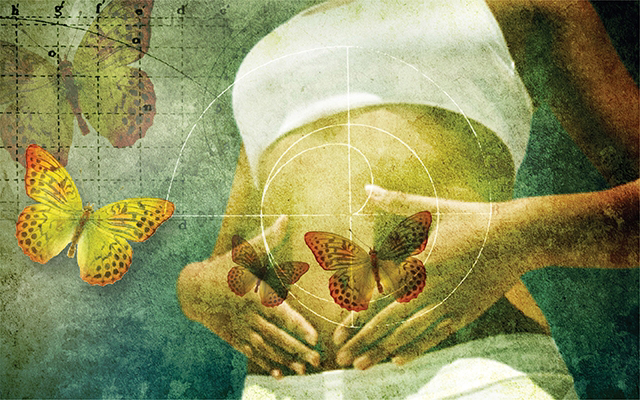Being Aloof and the Cues

Through my existence, I have interacted with diverse individuals with varying personalities and even varying cultural backgrounds. I have come to realize that effective communication goes beyond the words we speak. It also entails nonverbal cues such as eye contact, touch, distance, and time. This will be the focus of this blogpost. EYE CONTACT Ironically, as a nurse, I often find myself preferring to be alone. I tend to talk less and avoid eye contact, which I have learned can be emotionally draining, especially when dealing with patients. However, maintaining eye contact is crucial when communicating with patients to show empathy and understanding. Although I try to protect myself by talking carefully and avoiding eye contact, I remain vulnerable because I tend to talk too much. This is my weakness. Eye contact is a crucial aspect of nonverbal communication. It is the act of looking directly into someone's eyes while speaking or listening to them. Eye contact can have...




